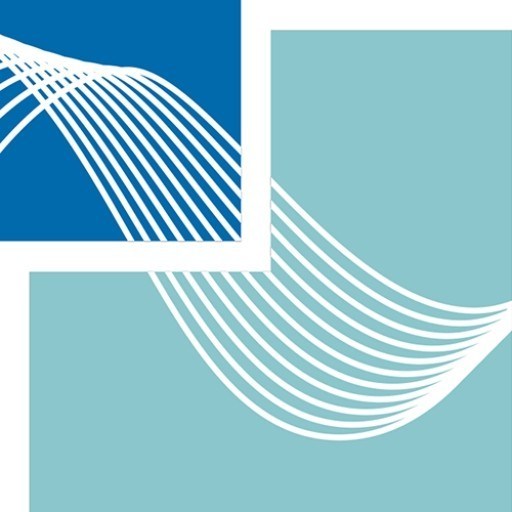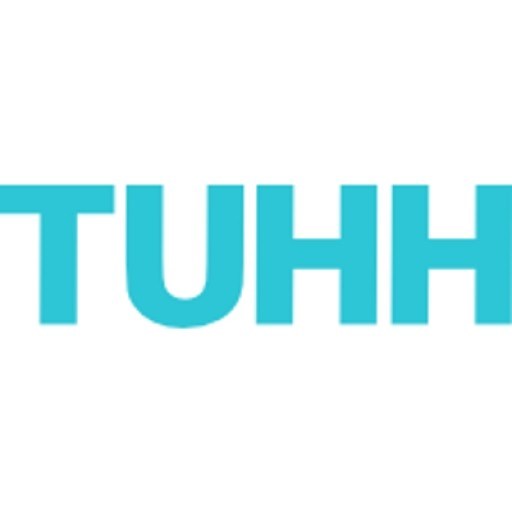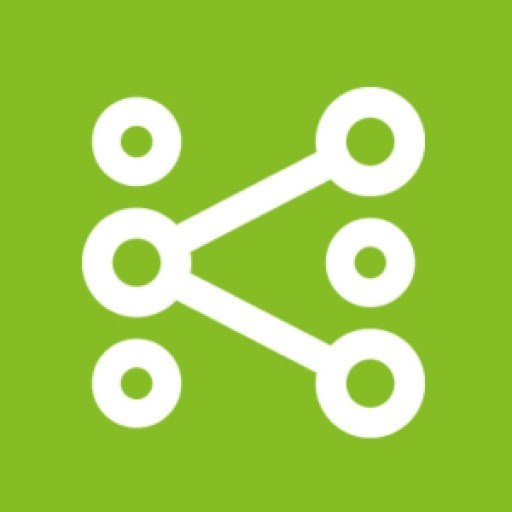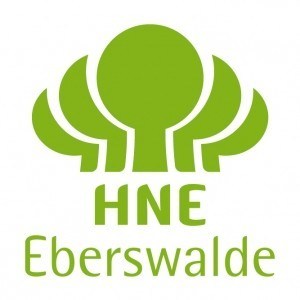Photos of university / #rwthaachenuniversity
Graduates trained to understand both the art of management and complex engineering processes are increasingly sought after in today's industrial world. This Master is an interdisciplinary programme conducted by two European universities, well-reputed in their specific fields. The German RWTH Aachen University has one of the best faculties of mechanical engineering in the world and conducts the programme's engineering part. The Dutch Maastricht School of Management has a worldwide reputation for its programmes in business and management teaching.
The programme's first year is based on the MSc Production Systems Engineering and provides in-depth knowledge and understanding of production technology, production systems and production-related processes. It focuses in particular on industrial R&D practice in the four areas of organisation, manufacturing technology, production machines and resources, and quality management. Research directly influences the curriculum, ensuring that students are exposed to the most up-to-date information and practices possible.
In the management part, students will be trained as globally-oriented managers with a solid knowledge of the core management processes and an understanding of the major social and environmental issues that set the scene for business processes in emerging economies. Throughout the programme, students will be challenged to explore feasible innovations that balance business and development prospects.
The programme's first year is based on the MSc Production Systems Engineering and provides in-depth knowledge and understanding of production technology, production systems and production-related processes. It focuses in particular on industrial R&D practice in the four areas of organisation, manufacturing technology, production machines and resources, and quality management. Research directly influences the curriculum, ensuring that students are exposed to the most up-to-date information and practices possible.
In the management part, students will be trained as globally-oriented managers with a solid knowledge of the core management processes and an understanding of the major social and environmental issues that set the scene for business processes in emerging economies. Throughout the programme, students will be challenged to explore feasible innovations that balance business and development prospects.
Educational organisation
Educational Organisation at RWTH Aachen UniversityTeaching in the MSc programme takes places in various forms: lectures, exercises and practicals. Lectures are usually taught through presentation of the relevant teaching material. Some professors might also ask questions and encourage interaction with the students. In the corresponding exercises, the teaching material will be applied by the students in a more interactive form, e.g. via calculation tasks. Practicals are also a more applied form of teaching and can take place in labs, for example.
Educational Organisation at Maastricht School of Management (MSM)
Lectures, problem-based learning, individual and group assignments, case studies, seminars, discussions and independent study all play an important role in MSM's teaching methodology. Lectures are interactive and provide plenty of opportunities for students to discuss the topic of the lecture with the professor. MSM's emphasis in group assignments is on working efficiently and effectively in multicultural groups, an invaluable skill for managers in today's professional environment. Case studies provide a vehicle for identifying problems and analysing them, as well as for developing and implementing solutions.
To achieve a Master of Science in Management and Engineering in Production Systems, students must complete a course programme consisting of engineering and management modules.
Engineering & Management Modules at RWTH Aachen University
- Manufacturing Technology 1 & 2
- Industrial Logistics
- Production Management A & B
- Quality Management
- Machine Tools
- Welding and Joining Technologies
- Industrial Engineering
- Entrepreneurial Strategy
- Innovation Management
- Finance and Accounting
- Marketing Management
Management modules at Maastricht School of Management
- Global Transformations and Sustainable Competitiveness
- Organisational Development and Change
- Research Methodology and Skills
- Business Economics
- Responsible Supply Chain Management
- Human Resource Management
In addition to the coursework, students must also complete the following as part of their programme:
- German course (A1.1)
- Master's thesis (can be pursued either at RWTH or MSM)
Study abroad unit(s)
Participants spend the first and second semesters in Aachen, Germany.The third semester is spent in Maastricht, Netherlands.
The fourth semester is spent either in Aachen, Germany or in Maastricht, Netherlands.
Forms of assessment
Oral and written examsCourse objectives
Graduates of the programme will have gained profound skills in management and engineering, and will be prepared for leading positions in industrial engineering companies. The MSc also qualifies graduates for a further career path at universities, e.g. for PhD studies.The degree will be awarded by RWTH Aachen University.
Language requirements
If you would like to attend an English-taught Master's programme, you must be fluent in English (oral and written) in order to understand lectures, textbooks and manuals in English and to participate in lab projects, industrial internships and examinations.Certified proof of your competence in the English language is required through completion of one of the accepted examinations listed below:
- TOEFL Internet-based: minimum of 90 pts/paper-based: minimum of 577 pts
- IELTS test minimum overall band 5.5 pts
- Cambridge Test - Certificate in Advanced English (CAE)
- First Certificate in English (FCE), completed with B
- placement test of RWTH Aachen University's language centre (B2)
Applicants who graduated from their Bachelor's programme in the USA, UK, Canada (English-speaking parts), Ireland, New Zealand or Australia do not need to submit language certificates.
Certification of German language proficiency is not necessary in order to apply for the Master's programme. Admitted students will attend an obligatory German language course starting in September (around one month prior to the beginning of the programme).
Academic requirements
- Bachelor of Engineering or Science in mechanical engineering or a related discipline, such as automotive, aerospace or energy engineering, manufacturing, structural, industrial or production engineering, awarded by an internationally recognised university-level institution
- fundamental knowledge in the fields of engineering, mathematics and natural sciences which should be covered within the following modules: mathematics, mechanics, materials science, thermodynamics, informatics/programming/computer science, physics, technical drawing and CAD
- Furthermore, knowledge in the following courses is requested: fluid dynamics, automatic control, design engineering, production management, machine tools, manufacturing technology, electrical drives, quality management.
- Basic knowledge in business administration. Students with no previous knowledge in management must participate in preparatory online courses conducted by the School of Business and Economics at RWTH Aachen University prior to the beginning of the course (July-September).
- very good results in undergraduate studies
In addition, students should have gained relevant work experience, usually of one year's duration, during or after their Bachelor's degree programme.
Enrolment fees
All students are subject to a student service fee of currently approx. 230 EUR per semester.The fee includes a semester ticket covering public transport in the North Rhine-Westphalia area.
Costs of living
The average cost of living and studying, including food, accommodation, personal and social expenses, and study-related costs, is estimated to be 700-900 EUR per month.Job opportunities
Generally, students enrolled at the RWTH Aachen University have the opportunity to find a job on campus and work up to 19 hours per week. This also allows students to become more familiar with the university institutes and to take part in projects related to their field of study. The maximum working limit for off-campus work is 120 days per year for non-EU students.International students may take up work in the private sector during the semester or the semester break for up to three months without having obtained a work permit. Students thus may take up full-time work for 90 days or part-time positions (up to four hours per day) for 180 days. This regulation is also stated on the residence permit. During the semester, students are allowed to take up jobs with working hours of up to 19 hours per week. During the semester break, students may work full-time but only for a maximum of 13 consecutive weeks.
Student assistants are more flexible regarding working hours as the 90/180 full-time and part-time regulations do not apply. As a student assistant you are allowed to work for up to 19 hours per week throughout the year.
Funding opportunities within the university
A limited number of scholarships from various organisations is available to help students finance their studies. Please see the following website for a list of exchange programmes, scholarships, and grants, together with their specific application requirements and conditions, and/or contact the International Office directly for advice and assistance.http://www.rwth-aachen.de/scholarships
Arrival support
The staff of the RWTH International Academy offers new students support upon arrival and encourages current Master's students to help fellow students settle in. Orientation days will be organised to help new students find their way around the campus and build new contacts with fellow students. Services include:- daily consultation hours
- orientation days
- senior mentoring programme
- academic and social mentoring programme
- German course
- orientation day in Maastricht, in collaboration with Maastricht School of Management
Students are also offered assistance with the following tasks, amongst others:
- finding accommodation
- admission procedures
- opening a bank account
- insurance matters
- getting to know the city and the university campus
Services and support for international students
Continuous Support Programme:One unit of the RWTH International Academy specialises in organising international programmes in the field of engineering. The experienced and motivated team takes care of all organisational and administrative matters, and moreover offers an intensive supporting programme for international students to ensure an excellent working environment. Among others, the following services are offered:
- mentoring programme and study planning support
- group meetings to discuss organisational issues
- social and cultural events
- excursions and field trips
- career events and application training
- daily consultation hours to support any kind of individual issues
While living in Maastricht, students will be guided by the experienced staff at Maastricht School of Management. The assistance provided covers a wide range of issues, from accommodation and career services to social services.
Accommodation
The staff of the RWTH Aachen International Academy offers support in finding accommodation either in a student residence or in a private apartment.RWTH Aachen University has a limited number of dorm rooms and studio apartments. However, there are usually waiting lists for these rooms, and students will probably need to find private accommodation first. There are a number of options for finding private accommodation in and around Aachen, and the RWTH International Academy can provide students with information beforehand and upon arrival.
For short-term accommodation, there are many hotels and two youth hostels.
Further guidance on student accommodation in Aachen can be found at:
https://www.academy.rwth-aachen.de/en/education-formats/msc-degree-programmes/mme-pse/accommodation









